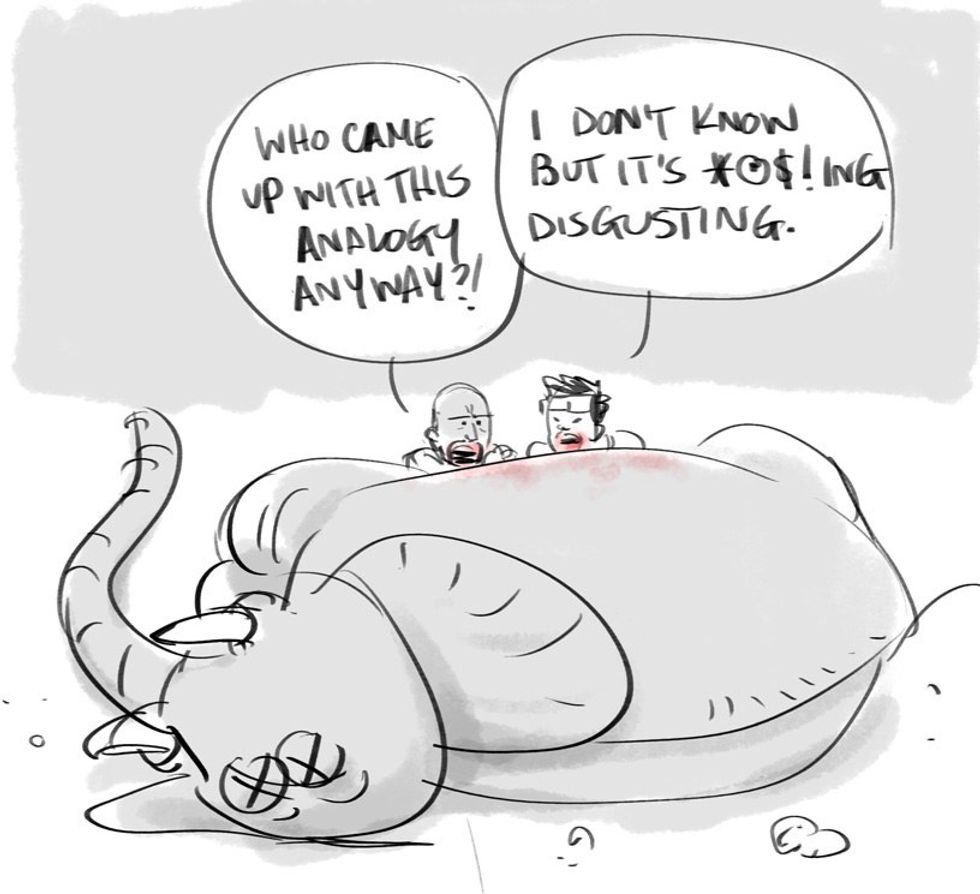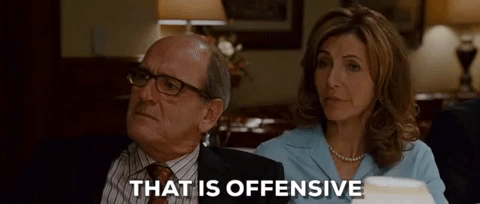Members of the Library Advisory Board of Tempe discussed topics in a board meeting at the Tempe Public Library on October 2 focusing on library renovation and proposed motion to implement a "fine-free" library system
The board also addressed the trend among libraries in large metropolitan areas like Chicago that have implemented a fine-free library system. The Phoenix Public Library System, The Maricopa County Public Library System and the Chicago Public Library have implemented the practice.
The library already has implemented policies that are used to wave fines and have tracked the costs and profits that have affected the budget.
A policy that the library has enacted is that if the fine is under $30 then the librarian can waive the fee, once a year without supervisor's permission. In August, the library waived $1,427.35 in library fees.
The library's concern is not just how much money from waived fees is lost, but how much money in materials they are losing. If the materials are not returned to the library then they are not able to be put those materials back on the shelves which leads to them replacing it.
The library uses a computerized system called Unique, which is software that helps keep track of overdue books and recover materials. The system sends out notices and makes phone calls to the patrons that have materials which are overdue.
"Materials over seven weeks overdue become an account for Unique system, but even if those folks return those items, I still have to pay $9 once they send those notices and make those phone calls," said Husser.
Even if the fines are waved and the book is returned, the library still has to pay the charge of $8.95 to Unique which is leaving the library balancing the cost of the material returned and the cost of Unique.
Husser said the library recovered $62,322.41 worth of materials in the past six months which is correlated that Unique is working.
Motivation for the library to enact the fine-free policy is so they do not have any barriers to the public for usage of the facility.
"It (the fines) is seen as a barrier to students, and we have changed some of our policies recently in terms of the barriers you can't get something if you have a fine that sort of thing, this is kind of interesting because this is the trend," said Marie Brown, Mesa Community College employee and library advisory board member.
During the discussion, the board posed possible consequences of implementing the fine-free policy.
"if people aren't having a problem with it, having a fine free system to me it seems that we are opening up the possibility that there is not a due date," said Felicia Durden, library advisory board member.
There have not been any complaints about the current fine system or any requests to implement the fine-free policy.
The board plans on revisiting this policy after viewing the yearly and bi-yearly statistics from the implementation of this policy in the local library systems.




 Photo by
Photo by  Photo by
Photo by 
 Photo by
Photo by 
















